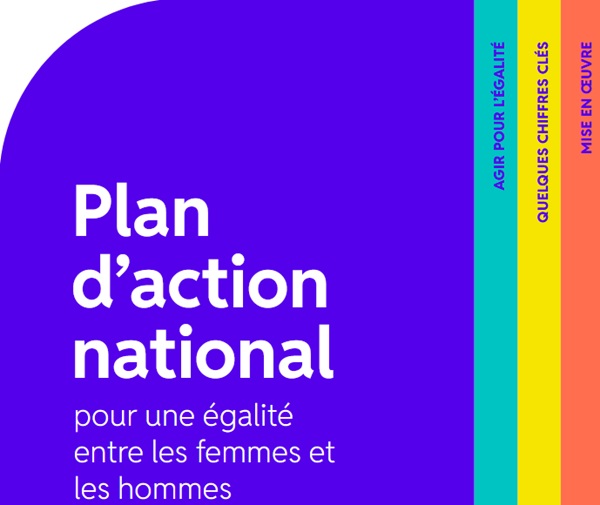
On Monday 31 March 2025, Yuriko Backes, Luxembourg's Minister of Gender Equality and Diversity, presented the revised National Action Plan for Gender Equality.
This plan was adopted by the Government Council (cabinet) on 7 March the day before International Women's Day; a discussion with members of the Chamber of Deputies' Committee on Family, Solidarity, Living Together, Reception, Gender Equality and Diversity then took place on 24 March.
During Monday's press conference, Minister Backes emphasised that despite progress in equality, inequalities between women and men persist. According to the European Institute for Gender Equality (EIGE), it would take another 60 years to achieve equality in Europe while, at the global level, the World Economic Forum even suggests 134 years.
Minister Backes thanked the ministries contributing to the adaptation of this action plan through the Inter-ministerial Committee for Equality between Women and Men and emphasised that "reducing inequalities between women and men requires not only a collective effort by the government, but also concerted action across society. Gender equality must be experienced everywhere, by everyone, every day."
This national action plan for equality between women and men primarily aims to mainstream the gender dimension into various areas of life and society. Based on the evaluation of the previous plan and taking into account the complementarity with the other two action plans of the Ministry of Gender Equality and Diversity (MEGA) (the action plan for gender-based violence and the LGBTIQ+ plan), the priorities have been refocused in order to orient all measures around three main priority axes, allowing for a more structured and strategic approach. The three priorities are broken down into six objectives:
- Increase awareness, information, and communication on gender equality and diversity
- Reduce gender stereotypes and sexism
- Provide training on gender equality and diversity and establish a standardized framework for this training
- Create a balanced and inclusive environment by increasing the representation of underrepresented genders
- Provide accurate and relevant data to help make more informed decisions regarding gender equality
- Actively support initiatives that promote gender equality by providing the necessary resources and ensuring an adequate legislative framework
55 measures and 109 concrete actions are formulated around these objectives. As part of the adaptation, some measures have been maintained, in recognition of the importance of perseverance and the need for continued commitment, but have been thoroughly revised to make them more effective and adapted to current needs, e.g. in the areas of employment, education and at the local level. New measures have been defined, a clear sign of adaptability and responsiveness to changes and new challenges. These measures, aligned with current societal issues, aim to promote gender equality, respectively to combat gender stereotypes in new areas of action, such as sport, culture, media, transport, defence and artificial intelligence.








